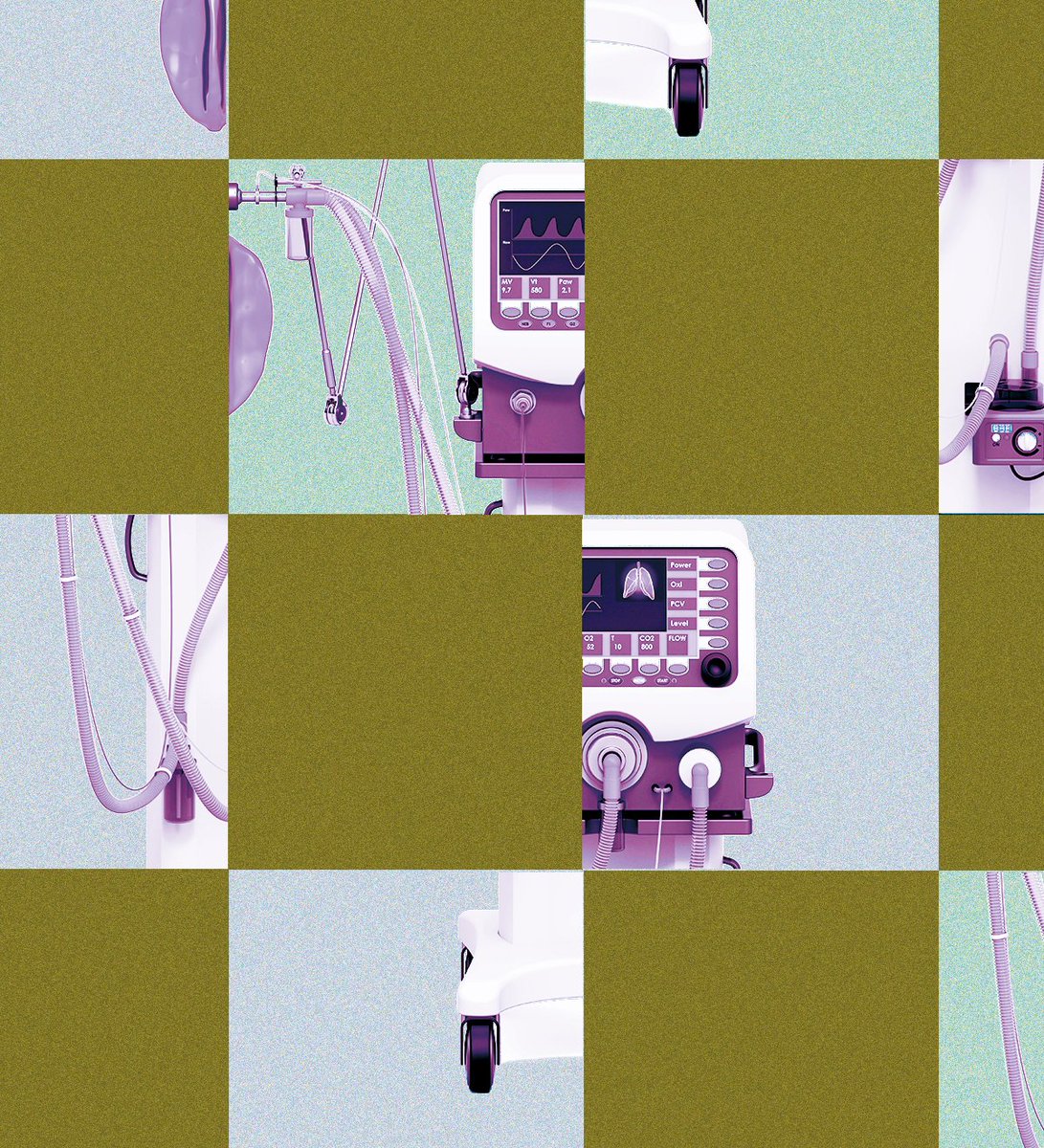
“The idea behind a hackathon is simple: dozens of people gather in conference centres or university campuses for a few sleepless nights . . . with the goal of building something new.” @_jgarfy on hacking #COVID19 More here: thewalrus.ca/hacking-covid-… 

Back in April, the first three-day Hacking Health EasterHack took place. The idea? To create virtual tools to help people stay safe as the world braced itself for lockdown. thewalrus.ca/hacking-covid-… #COVID19
“From the start of the pandemic, I’d noticed that people around me all felt a need to do something in light of this unprecedented event,” @_jgarfy says in his latest piece:
thewalrus.ca/hacking-covid-… #COVID19
thewalrus.ca/hacking-covid-… #COVID19
“Here was a mix of amateurs and professionals, all seeming to share the belief that the pandemic was just another technological problem to be solved,” writes @_jgarfy thewalrus.ca/hacking-covid-… #COVID19
But what would combining physicists, software engineers, biologists, oncologists, business and security experts, fashion designers, and artists in a health hackathon actually achieve? More here: thewalrus.ca/hacking-covid-… #COVID19
Read @_jgarfy’s article on how amateur inventors and app developers might be key to solving the pandemic's many problems here:
thewalrus.ca/hacking-covid-… #COVID19
thewalrus.ca/hacking-covid-… #COVID19

• • •
Missing some Tweet in this thread? You can try to
force a refresh



